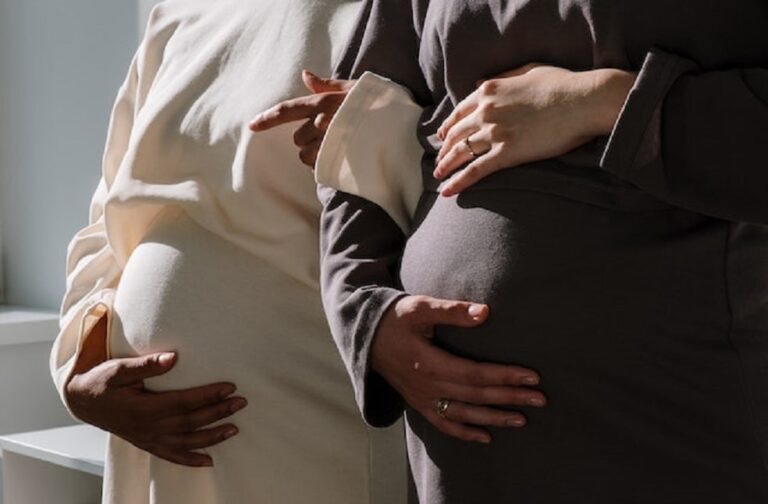Singapore: A new study on the effect of PFAS on female fertility has found that women with higher levels of so-called “forever chemicals” in their blood have a 40 percent lower chance of becoming pregnant within a year of trying to conceive.
PFAS are a group of chemicals that are water- and oil-resistant and are used in a vast array of products, from non-stick cookware and food containers to clothing and furnishings. They are often called forever chemicals because they are very slow to break down in the environment and are now widely found in water and soil. They have been increasingly linked to health damage, including cancer and liver, kidney, and thyroid disease.

Dr. Nathan Cohen, the lead author of the research at the Icahn School of Medicine at Mount Sinai in New York, commented that “our study strongly implies that women who are planning pregnancy should be aware of the harmful effects of PFAS and take precautions to avoid exposure to this class of chemicals.”
Dr. Damaskini Valvi, an assistant professor at Icahn Mount Sinai, stated that “we are currently facing a global PFAS contamination problem. Stopping the production of PFAS in the first place is the only way that can help us avoid exposure completely.”
“In the meantime, there are a few things that we can do at the personal level to reduce to some extent our own exposure, including using special water filters and avoiding products containing PFAS,” Dr. Valvi added.

The study, published in the journal Science of the Total Environment, included more than 1,000 women of childbearing age in Singapore who were trying to conceive.
Those women with PFAS mixture levels one quarter higher than the average had a 40 percent lower likelihood of becoming pregnant within a year. These women also had a 34 percent lower chance of having a live birth within 12 months. The effect of PFAS levels on fertility was greater when they were considered as a mixture rather than individually.



